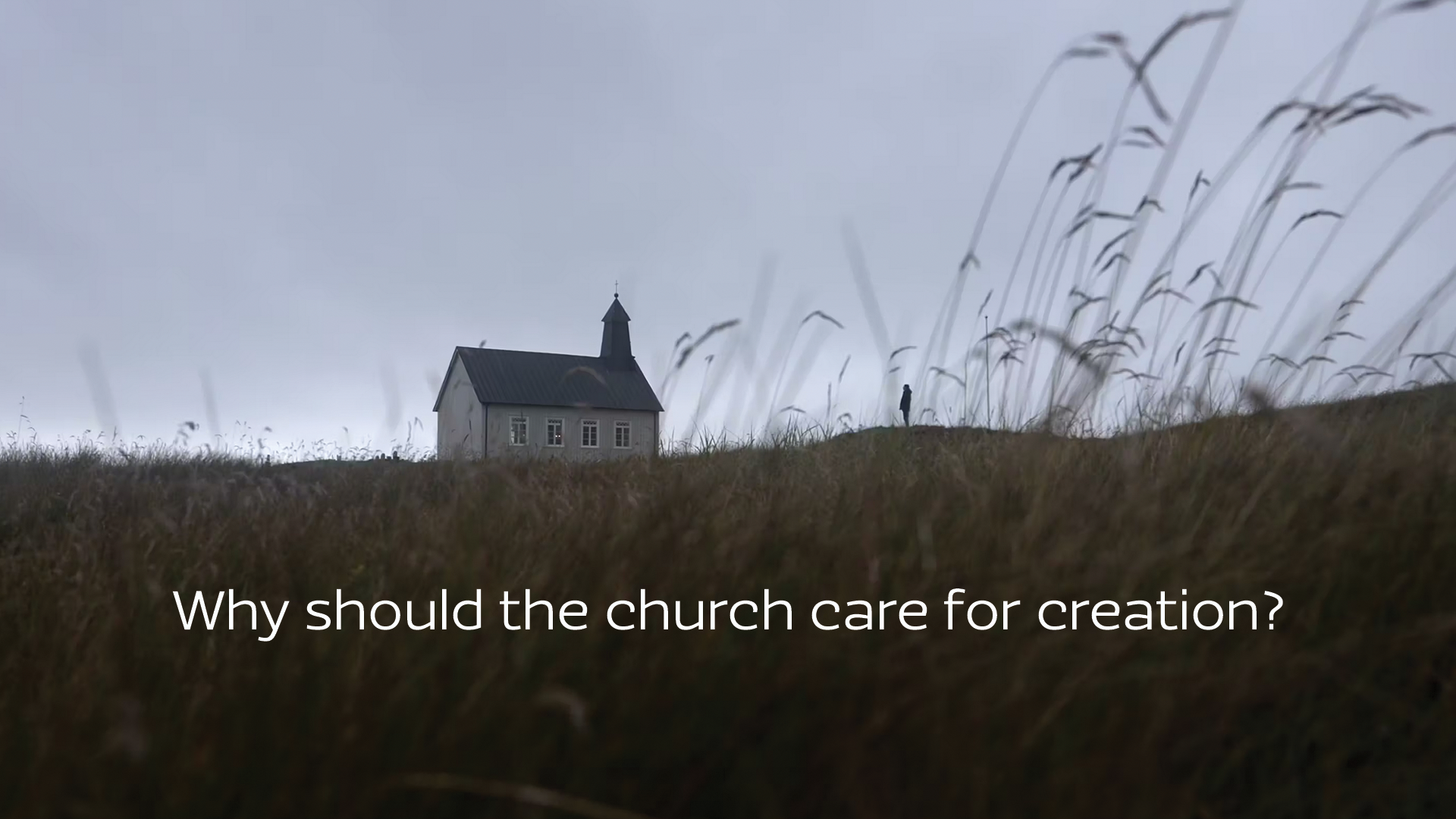Does matter really matter to God?
When I Google ‘Do material things matter to God?’ I find over 20,000,000 results. Some sites (confession: I didn’t check them all) warn of the dangers material things pose to our relationship with God: ‘be spiritual and don’t get sucked into worldly concerns’. Others claim to give the secret of material prosperity, usually in return for a fee. It seems Christians are mightily confused about whether the stuff we think we own, the world of nature, even our own bodies, are deep-down good or not.
We’re mixed up largely because Western Christian thinking has been compromised by Greek philosophy’s unbiblical separation of body from soul and material from spiritual. We may quote ‘Set your minds on things above, not on earthly things’ (Colossians 3:2), but we spend our lives pursuing and all-but-worshipping material things – nice homes and cars, good food, good-looking people, comfortable churches. The results are disastrous both for our world and our relationship with God. Believing material things don’t matter has allowed us to pollute and plunder the gift of God’s good world. Believing only spiritual things matter divorces us from the constant biblical reminders that our attitudes and practices concerning possessions, people, other creatures, and the land we inhabit are at the very heart of our relationship with God.
Of course, Genesis is clear. Everything God made, darkness as well as light, fish as well as fowl, mountain, moorland, maggots (presumably!) and me, are all good. Put them all together and in their totality they’re ‘very good’. Matter does indeed matter to God, so much so that he made lots of it. Millions of variations upon it. As the atheistic scientist J B Haldane rightly, if apocryphally, said: God has ‘an inordinate fondness for beetles’. After all, he made at least 400,000 species.
Material things are to be celebrated and cherished. It is not disembodied souls that are ‘fearfully and wonderfully made’; it is our physical bodies (Psalm 139:14). God made wholes not souls, as Tom Wright puts it. Jesus doesn’t tell us to contemplate philosophical concepts. He encourages us to study birds and flowers to understand God’s Kingdom (Matthew 6:25-34). In fact, matter matters so much to God that in Jesus he entered into his material creation. Jesus, God with us, is the greatest possible ‘Yes!’ to physical, flesh-and-blood life, both human and animal.
Look at Job: a man who had it all, materially-speaking, and then lost it all, along with family and health. How did God answer his raging and questioning? Not by telling him to be more spiritual, or to contemplate the happiness he’d receive after death. God made him look more closely at the bio-physical world around him. Ironically, Job’s problem was that material things, specifically the non-human natural world, had not been important enough to him. His world had been centred on himself. It was in wildness and wilderness, in the mystery and majesty of untamed nature, in recognising that this world is not for us but is in the deepest sense for God that Job began to put the pieces back together.
What about us? If we try and pretend matter doesn’t matter, we get sucked into an unconscious materialism, we treat God’s earth without the respect God gives it, we cease worshipping God with our whole being, and we fail to enjoy God’s material blessings – which are not found in owning and possessing, but in enjoying, receiving and sharing God’s gift of creation. So next time you need some material therapy, keep clear of the mall. Read Psalm 104 and then step outside and immerse yourself in the wonder of God’s creation.
We are happy for our blogs to be used by third parties on condition that the author is cited and A Rocha International, arocha.org, is credited as the original source. We would be grateful if you could let us know if you have used our material, by emailing [email protected].





Another great little piece of thinking to inspire. You do it so well Dave – more power to your material proverbial elbow!!
Hi Dave,
great to read this and see that the vision is still strong!!
My years at Ooty were very instrumental in shaping my thinking about the natural world.
The supreme example of fake faith in the Bible is when James talks of Christians sending away the needy with words of ‘spiritual comfort’ (“go in peace”) while doing nothing for their physical comfort (2.15–17). He then goes on to say that ‘mental faith’ is what demons have, to call Christians foolish, to exalt the faithful actions of a prostitute, and to pronounce the death of faith without deeds. So, matter matters. James, where are you now when we need you so badly?…
Thanks, Dave.